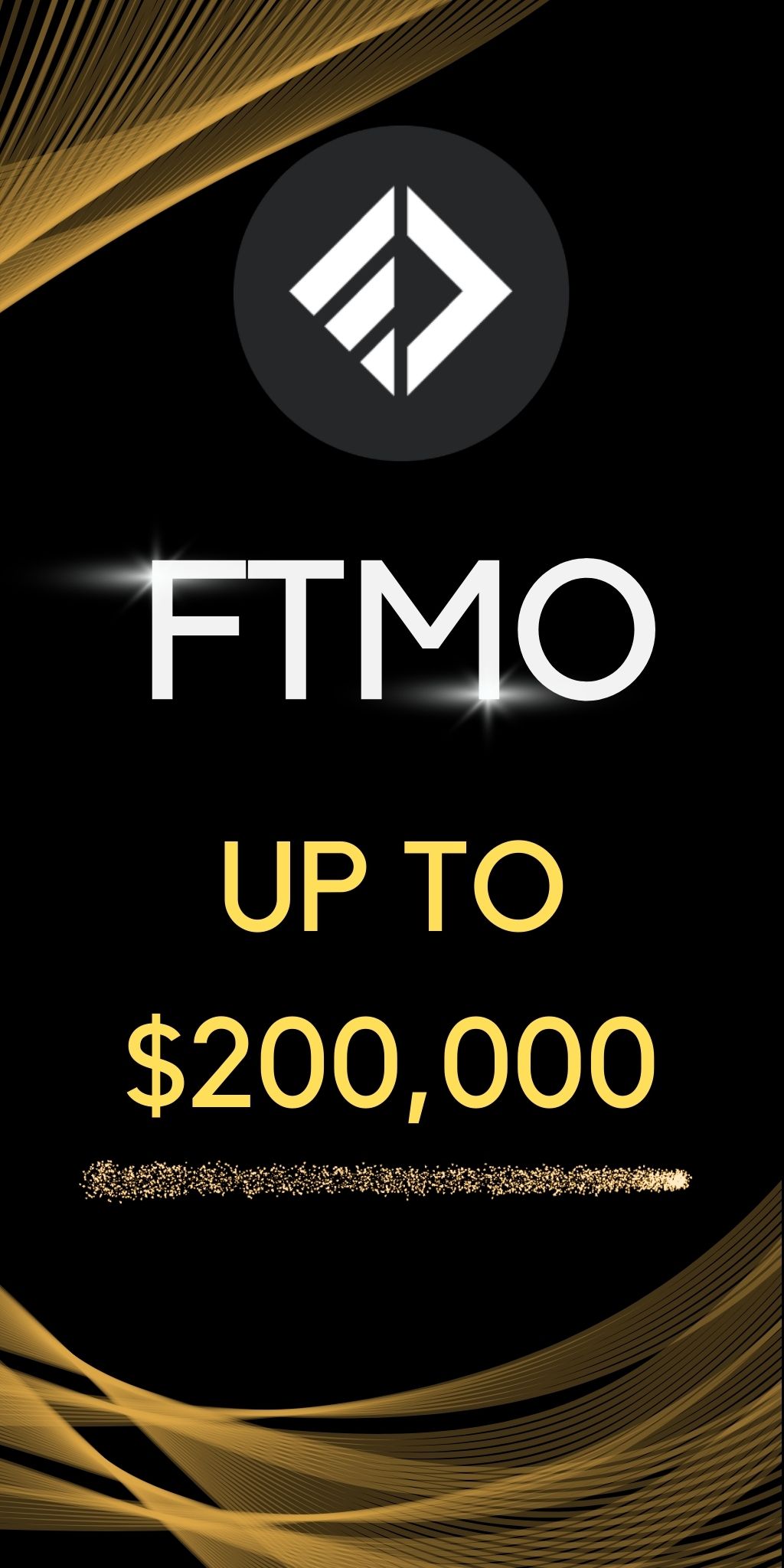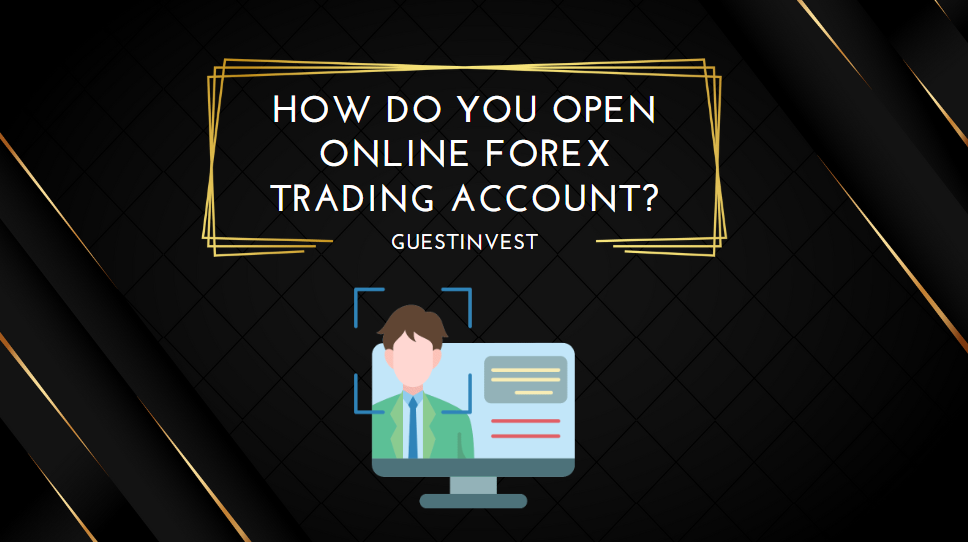Have you ever wondered about the vast global marketplace other financial markets,where currencies are constantly traded? This marketplace, known as the foreign exchange market (forex market, for short), is the largest financial market in the world, with trillions of dollars exchanged daily.
Imagine the ability to participate in this dynamic market from the comfort of your home. Online forex trading allows you to do just that, offering a unique opportunity to potentially profit from the currency prices and fluctuations. This flexibility, along with the 24/5 market access and the vast array of currency pairs available to trade, are just some of the reasons why forex trading has become increasingly popular.
This blog will guide you through the process of opening an online forex trading account, highlighting the key steps and considerations involved. We’ll also explore the potential benefits of forex trading in more detail, so you can make informed decisions about your trading journey.
What You Need to Know Before Opening a Forex Account
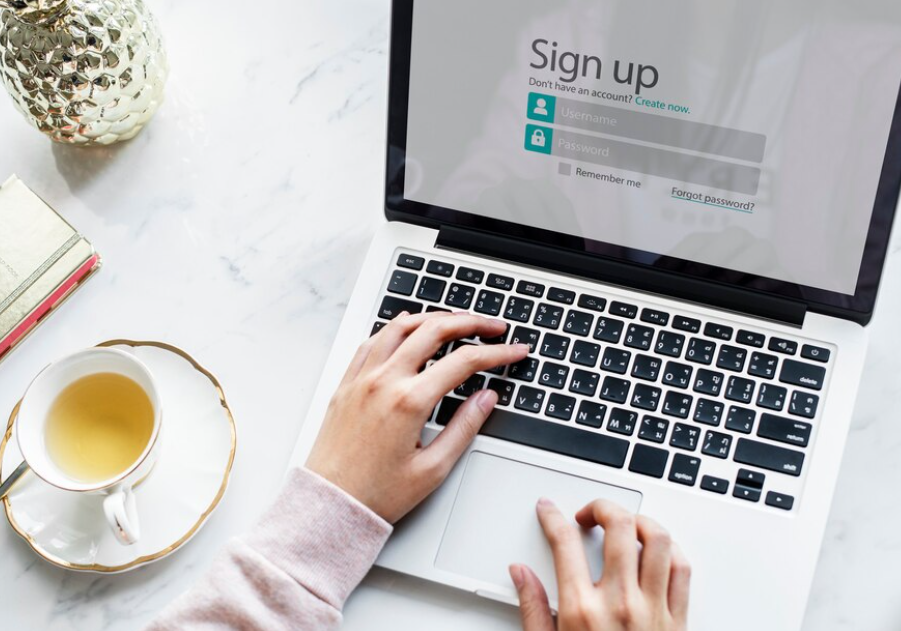
Before diving into the exciting world of forex trading (also known as fx trading), it’s crucial to equip yourself with the necessary knowledge. Understanding forex markets, specifically the foreign exchange market (forex market), is your first step to becoming a successful trader confident forex trader.
Financial Markets 101:
Financial markets encompass various avenues for trading financial instruments like stocks, bonds, and, of course, currencies. The forex market, however, stands out for its sheer size and global reach. With transactions happening 24 hours a day, 5 days a week, the forex markets offer a unique business opportunity to trade forex whenever it suits you.
Understanding the Basics of Forex Trading:

When you trade forex, you’re essentially speculating on the future movement of currency pairs. A currency pair represents the value of one national currency relative to another national currencies. For instance, EUR/USD signifies the exchange rate between the Euro (EUR) and the US Dollar (USD).
The forex market is brimming with currency pairs to trade, but major currency pairs like EUR/USD, USD/JPY (US Dollar vs. Japanese Yen), and GBP/USD (British Pound vs. US Dollar) are the most popular due to their high liquidity (ease of buying and selling) and tighter spreads (the difference between the buy and sell price).
Developing Your Trading Styles:
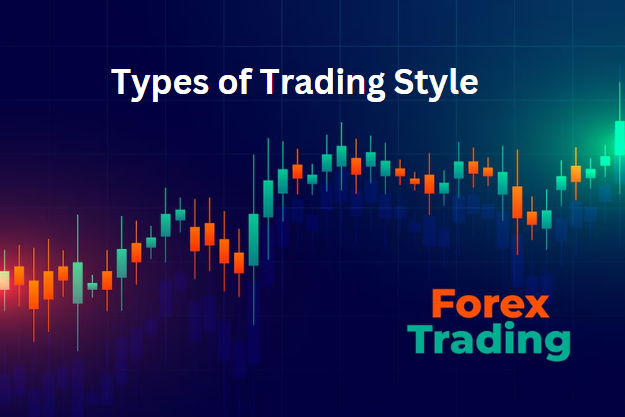
Successful forex traders don’t just wing it. They develop a trading strategy based on market analysis. There are two main approaches:
Technical Analysis: This involves studying historical price charts and technical indicators to identify potential future price movements. Tools like moving averages and relative strength indexes (RSI) are popular among technical analysts.
Fundamental Analysis: This method focuses on economic factors that can influence currency values, such as interest rates, inflation, and political events. By understanding the bigger picture, fundamental analysts aim to predict how these factors might affect currency exchange rates.
Choosing Your Trading Style:
Forex traders also adopt different styles depending on their timeframes and risk tolerance. Here are two common approaches:
Day Trading: Day traders enter and exit trades within the same trading day, aiming to capitalize on short-term price movements. This style requires a high level of focus on the market and can be quite intense.
Swing Trading: Swing traders hold positions for a few days or even weeks, focusing on capturing larger price swings based on technical or fundamental analysis. This style offers a more relaxed approach compared to day trading.
Remember, forex trading involves inherent risks. It’s crucial to learn forex trading through educational resources offered by reputable brokers or taking more advanced courses. Start with a demo account to practice your trading strategies before risking real capital. By understanding the concepts above, you’ll be well on your way to navigating the global markets of the forex trade and potentially profiting from currency fluctuations.
Choosing a Forex Broker and Opening Your Account
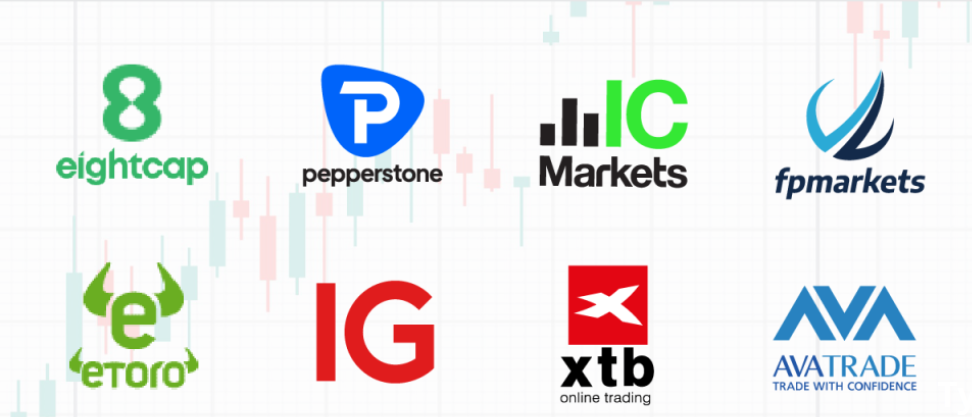
Now that you have a solid understanding of forex trading basics, it’s time to choose a forex broker to facilitate your forex trades with. A forex broker acts as an intermediary, connecting you to the vast forex market and allowing you to buy and sell currency pairs. Choosing a reputable and well-regulated broker is crucial for a secure and smooth trading experience.
Here are some key factors to consider when selecting your forex broker:
Regulation and Security
This is paramount. Always choose a broker that is regulated by a recognized financial authority in your jurisdiction. This ensures they adhere to strict financial regulations and investor protection measures, minimizing your risk of fraud or malpractice.
Trading Platforms Offered
The trading platform is your command center for executing trades in other markets. Look for a broker that offers a user-friendly platform with the features you need. Popular platforms include MetaTrader 4 (MT4), known for its advanced charting capabilities, and cTrader, praised for its user-friendly interface.
Account Types
Many brokers offer different forex trading account types to cater to various trader needs. Demo accounts allow you to practice trading with virtual funds, perfect for honing your skills before venturing into live trading with real money. Live accounts, on the other hand, connect you to the real currency market, for actual currency trading.
Trading Tools and Resources
A good broker equips you with the necessary trading tools to make informed decisions. Look for features like advanced charting tools, market analysis reports, and economic calendars. Some brokers even offer premium trading tools like algorithmic trading or autochartist software for a more advanced trading experience.
Customer Support
Reliable customer support is essential. Ensure your chosen broker provides multiple channels for getting help, such as live chat, phone support, and email, ideally with 24/5 availability to address any concerns promptly.
Fees and Spreads
Transaction costs can eat into your profits. Compare fees charged by different brokers, including commissions, account inactivity fees, and withdrawal fees. Pay close attention to spreads, which represent the difference between the buy and sell price of a currency pair. Look for brokers offering tight spreads for better profitability.
By carefully considering these factors, you’ll be well-equipped to choose a reputable forex broker that aligns with your trading goals and provides a secure and feature-rich trading environment. In the next section, we’ll delve into the process of opening a forex trading account and taking your first steps in the exciting world of forex trading.
Opening Your Forex Trading Account
Now that you’ve chosen a reputable forex broker that aligns with your investment objectives and needs, it’s time to open your forex trading account and embark on your forex trading journey! Here’s a breakdown of the typical process:
Step 1: Research and Choose a Broker (Refer Back to Previous Section)

As discussed earlier, selecting a well-regulated broker with a user-friendly platform and competitive fees is crucial. Carefully consider the factors mentioned in the previous section to find the perfect match for your trading goals.
Step 2: Navigate to the Broker’s Website and Locate the Account Opening Section

Most brokers offer a straightforward online account opening process. Head to your chosen broker’s website and locate the section dedicated to creating a new account. This is often labeled as “Open Account,” “Start Trading,” or something similar.
Step 3: Fill Out the Online Application Form
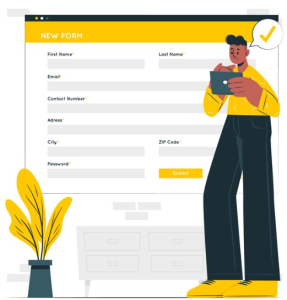
The online application form will typically request basic information to identify you and understand your trading experience. Common details you might encounter include:
- Full Name
- Date of Birth
- Contact Information (Email address and phone number)
- Residential Address
- Social Security Number or Tax ID (depending on your location and broker requirements)
Step 4: Verification Process

To comply with regulations and ensure the security of your account, most brokers implement a verification process. This usually involves submitting copies of specific documents to confirm your identity and residency. Common verification documents include:
Government-issued photo ID (passport, driver’s license)
Proof of address (utility bill, bank statement)
Step 5: Choose an Account Type (Briefly Explain Different Account Types if Offered)
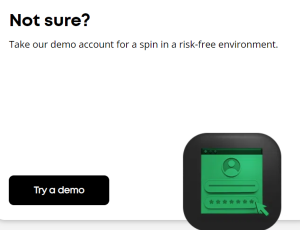
Many brokers offer different forex trading account types tailored to various trader experience levels. Here’s a quick overview of some common options:
Demo Account: This risk-free account allows you to practice trading with virtual funds, a perfect environment to test trading strategies and familiarize yourself with the platform before venturing into real money trading.
Standard Account: This is a basic account type suitable for beginners, often with lower minimum deposit requirements.
Premium Account: This account type might offer additional features like tight spreads, advanced charting tools, or access to premium trading tools for a more sophisticated trading experience. These accounts typically require a higher minimum deposit.
Congratulations! Once you’ve completed these steps and your account is verified, you’ll be ready to fund your account and start trading forex. Remember, start trading with a small amount initially, especially if you’re a beginner, as forex trading carries inherent risks. By practicing smart risk management and continuously honing your skills, you’ll be well on your way to potentially profiting from the exciting world of the forex markets!
Forex Trading Account Types
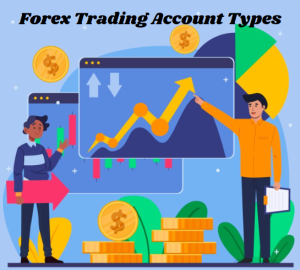
The foreign exchange market, or forex for short, is a vast and exciting arena for traders worldwide. But before you jump in, you need the right tools – and that includes your forex account. Brokers offer a variety of account types, each catering to different experience levels and trading styles. Let’s delve into the most common ones to help you pick the perfect fit.
By Trade Size:
Standard Accounts: These are the bread and butter, ideal for experienced traders comfortable with larger positions. Transaction sizes are typically in units of 100,000 of the base currency (e.g., 100,000 USD).
Mini Accounts: Think of these as scaled-down versions of standard accounts. Trade sizes are smaller, often around 10,000 units of the base currency, allowing you to test the waters with a lesser commitment.
Micro Accounts: Perfect for beginners or those cautious about risk. Micro accounts offer the tiniest trade sizes, sometimes as low as 1,000 units of the base currency. They’re a fantastic way to get familiar with the forex market without risking significant capital.
Cent Accounts: A rare breed, cent accounts take micro accounts a step further. Trade sizes here are measured in fractions of the base currency, ideal for absolute beginners to practice trading strategies without real-world consequences.
By Order Execution:
ECN (Electronic Communication Network) Accounts: These accounts provide a more direct connection to the interbank market. ECN brokers act as intermediaries, matching your orders with other traders. The benefit? Potentially tighter spreads (the difference between the buy and sell price). However, ECN accounts often come with commission fees on each trade.
STP (Straight Through Processing) Accounts: Similar to ECN accounts, STP brokers route your orders directly to liquidity providers without interfering with the price. This ensures faster execution and fairer pricing. Like ECN accounts, STP accounts may involve commission fees.
Dealing Desk (Market Maker) Accounts: Here, the broker acts as the other party to your trade. This can offer benefits like guaranteed fills (execution of your order) and potentially wider spreads. However, there’s a chance the broker’s interests might conflict with yours.
Other Account Types:
Managed Accounts: For those who prefer a hands-off approach, managed accounts allow you to entrust your forex trading to a professional money manager. This comes with a management fee, but it can be a good option for busy individuals or those new to forex.
Swap-Free Accounts: These cater to traders following religious principles that prohibit earning interest. Swap-free accounts eliminate swap fees ( overnight holding charges), but they might have wider spreads or other restrictions.
Demo Accounts: These are fantastic practice grounds. Demo accounts allow you to trade with virtual money, simulating the real market experience without risking your capital. They’re a must-try before venturing into live trading.
Remember, the best forex account for you depends on your experience, risk tolerance, and trading goals. So, take your time, research different options, and don’t hesitate to open a demo account to explore before diving into the live fx market.
Frequently Asked Questions
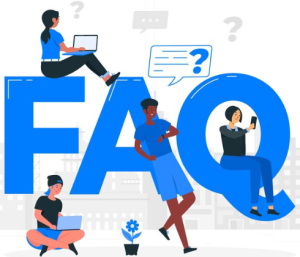
Is $100 enough to start forex?
Starting forex trading with $100 is possible, but it comes with challenges due to the high-risk nature of the market. With such a small amount, traders may face limitations in terms of trade size and risk management. It is crucial to be cautious and consider the potential risks involved one currency evenwhen starting with a small capital.
Is online forex trading legit?
Online forex trading is a legitimate form of investment, but it is essential to be aware of potential scams. While the forex market itself is not a scam, there are fraudulent practices like Ponzi schemes, phony investment advisors, and unregistered firms that target unsuspecting investors. It is crucial to conduct thorough research, choose reputable brokers, advanced traders and be cautious of unrealistic promises.
What is the best website for forex trading?
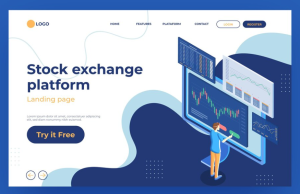
When looking for a reliable platform for forex trading, it is essential to consider factors like regulation, security, trading tools, fees, and customer service. Some well-known and reputable forex trading platforms include MetaTrader 4, MetaTrader 5, cTrader, and NinjaTrader. It is advisable to choose a platform that suits your trading style and offers the necessary tools and resources.
Is online forex trading legal in the USA?
Forex trading is legal in multiple jurisdictions in the USA, but it is highly regulated. The Commodity Futures Trading Commission (CFTC) and the National Futures Association (NFA) oversee forex trading activities in the country. Traders must use regulated brokers and adhere to the regulations set by these authorities to ensure a safe and legal trading environment.
Visit our website for comprehensive reviews of Forex proprietary trading firms and the latest prop firm news to enhance your trading success.




